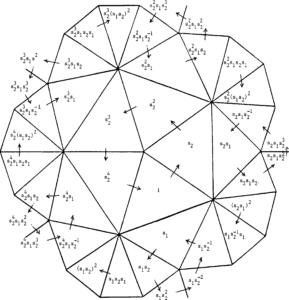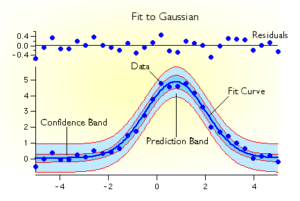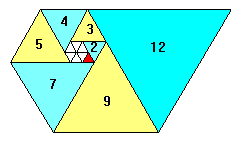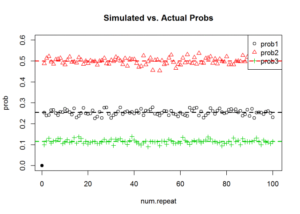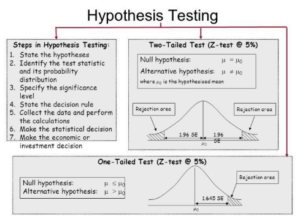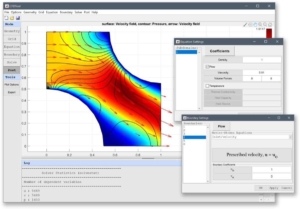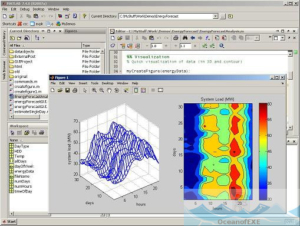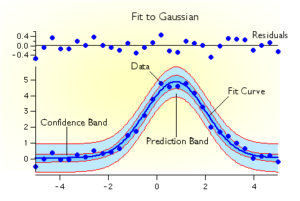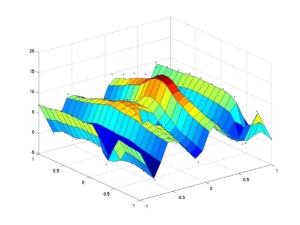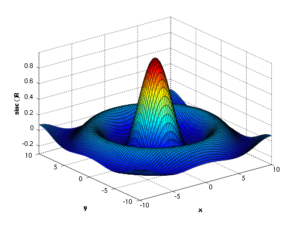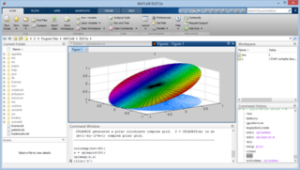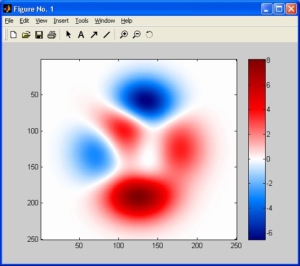Why have a Maths Academy?
The Maths Academy came into existence for two reasons:
- The number of students gaining high grades for A Level Mathematics and Further Mathematics has increased in recent years. Courses at top universities are usually oversubscribed and they are finding it increasingly difficult to identify and select the most academically able students on A Level results alone.
- Worcester Sixth Form College wishes to offer their most capable students the opportunity to gain breadth and depth in Mathematics beyond A Level specifications
Who should join the Maths Academy?
All students wishing to pursue a Higher Education course in Mathematics, Physics, Computer Science, Engineering or similar would be advised to enrol in the Academy.
What do you get from the Maths Academy?
You will have timetabled sessions for a minimum of one hour a week for two years.
There are three main thrusts:
- developing skills in mathematical thinking and problem solving
- preparation for entrance examinations and interviews
- an introduction to some specialist topics of use beyond A Level
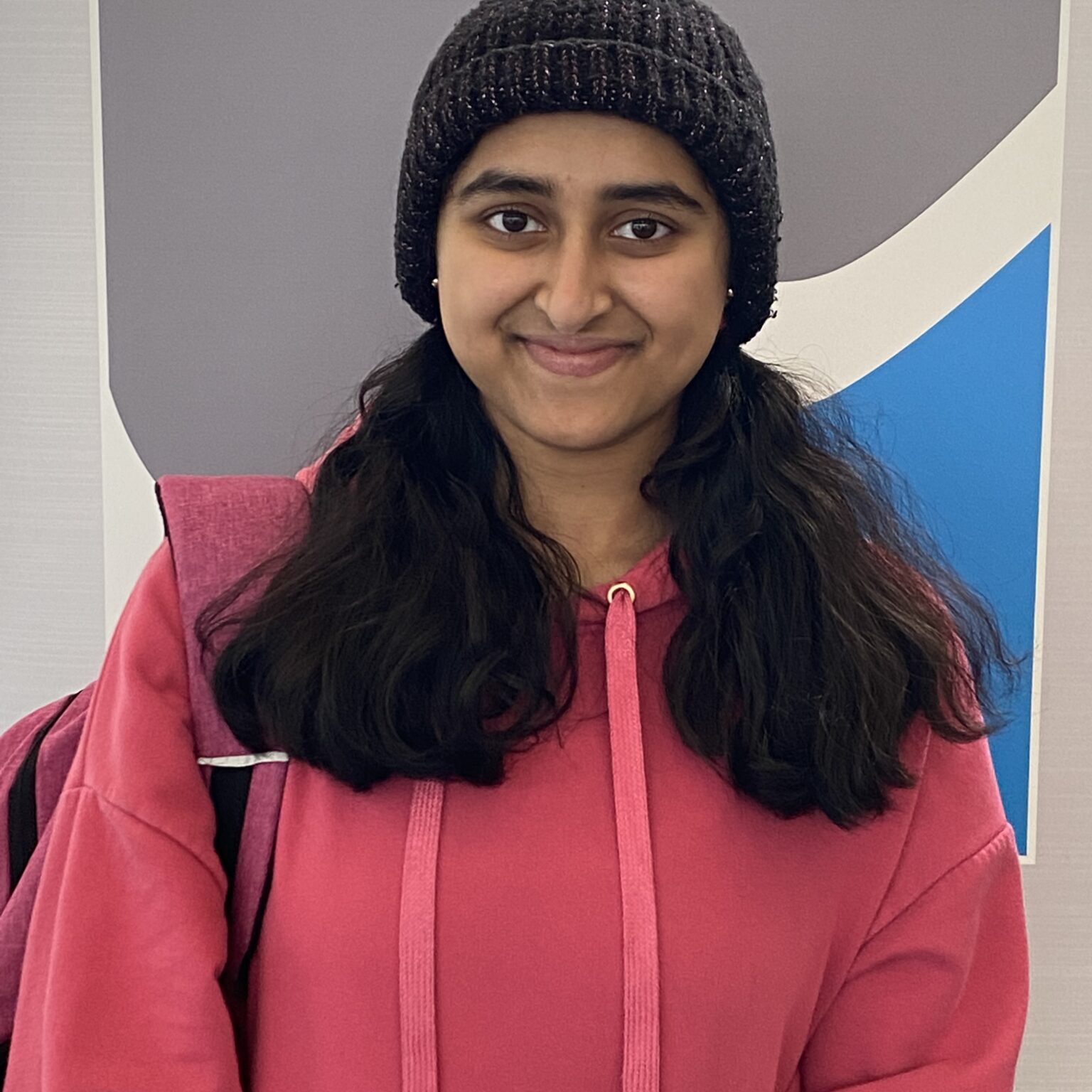
Stephani Dennis
Activities - UK Senior Maths Challenge
The Senior Maths Challenge attracts about 80,000 students from schools and colleges in the UK. Questions are set that are searching and require understanding and not mere rote learning. Students are encouraged to enjoy mathematics as a serious activity
where effort and attention yield genuine intellectual rewards and satisfaction.
Preparation includes:
- guidance with strategies for solving problems
- working through previous Challenge questions
- preparation for the BM01 when required
Each year approximately 1,000 students, of the 80,000 who enter, gain high enough scores to be invited to participate in the next stage, the BM01. About 100 high scorers are then invited to sit BM02. The results of BM02 are used to select a group of 20 students to attend a Training Session at Trinity College, Cambridge at Easter. Finally six are chosen for the UK Olympiad Team to go forward to the International Olympiad in July.
Enrichment Topics
Students will be introduced to various mathematical topics that extend beyond the A Level syllabus. These will include:
- Hypothesis Testing
- Group Theory
- Infinity
- Number Theory
- Probability Simulation
- Fitting curves to data
Interview Practice
Students are introduced to non-standard maths problems. Students start developing the skills necessary for tackling these as they are led through solutions. The sessions include group activities with students working on problems together. This encourages mathematical discussion, a great aid to understanding. There is also opportunity to present their individual ideas verbally.
The MATLAB Course
MATLAB is a software tool for numerical calculations and is used by hundreds of thousands of mathematicians, scientists and engineers worldwide in research, industry and Higher Education.
Students will have a set of 7 one-hour introductory sessions which will be very largely ‘hands-on’, using MATLAB to undertake simple tasks and covering the following topics: basic familiarisation (how to use as a calculator); variables, assignment, array indexing; graph plotting; command (‘script’) files; data input and output from MATLAB’s own files, Excel and ascii sources; flow control - FOR and WHILE loops. IF and CASE blocks; Function files, input and output arguments, workspaces, debugging; the MATLAB help system; structure string and cell array variables; data processing and plotting exercise; modelling and design exercise; students will have access to MATLAB to further develop their skills after the course has finished.
STEP and AEA
Achievement in the Sixth Term Examination Papers (STEP) forms part of a conditional offer to read mathematics at an increasing number of top universities. This has led to more students attempting the papers. Questions require a high level of logical clarity and perceptive insight. The Examiner’s Report states that many students find it very difficult and
only achieve low scores. This is no doubt a result of very little support being timetabled for students in most schools and colleges. For many years we have run weekly STEP preparation classes throughout the second year, with good results. We have built up
considerable expertise in this area.
STEP questions are unstructured. The skills learned when tackling them will help with interviews and progression on maths related university courses. They will be invaluable, even when STEP is not part of a conditional offer.
As an alternative to STEP, we also offer the Advanced Extension Award (AEA), which forms part of some university offers.
For further information contact Maths staff on: 01905 362600 ext 650

